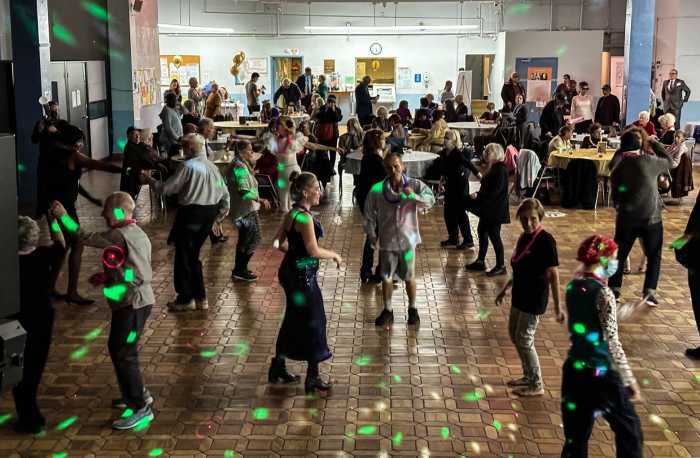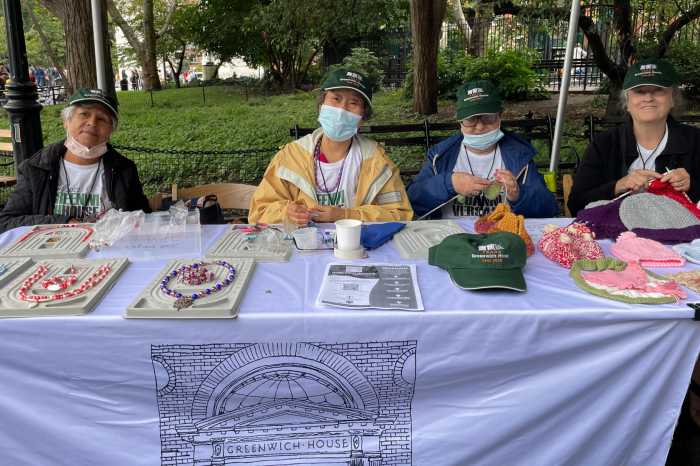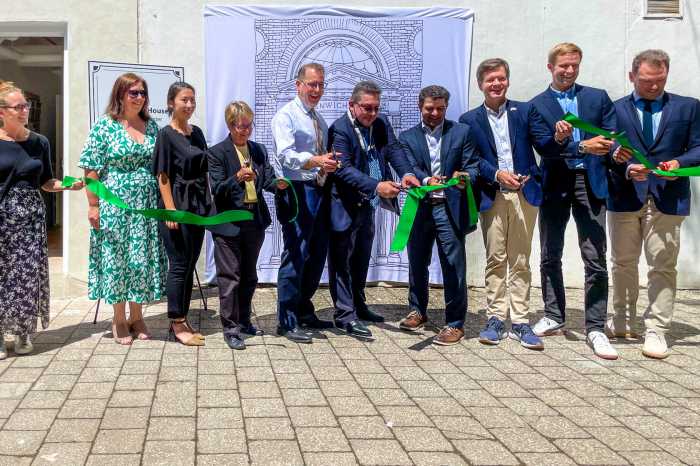Inflation and the rising cost of living have hit older adults especially hard. In 2021, the percentage of adults over the age of 65 who are living in poverty rose to 10.3% from 8.9% in 2020. It was the only age group to see a rise in poverty rates.
Whether out of financial necessity or a desire to continue to work, many older New Yorkers are delaying retirement or reentering the workforce after retiring. It’s important that older job seekers get the assistance they need to afford the cost of living today and thrive into their later years.
In the last two years, employers have had trouble finding skilled, qualified employees. Leaving jobs empty has hurt businesses and our economy. Hiring older workers makes good business sense. Studies have shown that older workers, who often carry years of work experience and knowledge, help create the most productive and effective work environments. They will also contribute their professional skills to our economy, creating a potential boost for us all.
So why is there a disconnect between employers who have trouble filling vacancies and older adults who need jobs?
Difficulty navigating the complex and intimidating job market may be one barrier. Take, for example, Denise. At 71 years old, she is creative, energetic, and eager to work. For years she was a successful consultant, offering editorial, database, and website support to clients—but she lost many customers during the pandemic. She receives some income support through Social Security, but with the rising cost of food and utilities she’s eager to supplement what Social Security can’t meet. She has found the world of online job listings and applications to be frustrating. Despite her years of experience, she is having a hard time landing interviews.
Unfortunately, ageism also plays a part in the hiring process. Employers would do well to know the untapped resource of older workers and the value they bring to the workplace. After all, everyone benefits from working with colleagues from generations other than their own.
Denise and the thousands of New Yorkers like her are not alone. In fact, it was in the face of these challenges that Greenwich House, a local nonprofit, and the New York City Department for the Aging (NYC Aging), launched new workforce programs that help connect older workers with employers and job positions.
Greenwich House recently launched the Lifelong Skills and Opportunities Center, a first-of-its-kind one-stop-shop that offers workforce resources, including classes on topics like digital literacy, personalized resume and job search support, and training and certification courses. The center also partners with employers who are eager to hire older adults and tap into their experience. Older adults can also engage with wraparound services, like mental health resources and benefits assistance, which are essential for some individuals in their return to work.
Concurrently, NYC Aging, which has been providing older adult employment services for more than 50 years, also launched a new work program for retired city employees. Called Silver Stars, the program enables City civil service retirees to return to work at City government agencies and support City business needs. Silver Stars helps City agencies staff their workforce with talented, skilled professionals, while also providing them with cost-saving measures and an expedited hiring process. Program participants have already been placed within several agencies, including the NYC Fire Department, NYC Aging, and Department of Citywide Services.
Additionally, AmeriCorps recently awarded NYC Aging a $4.5 million grant to develop Silver Corps, a community service volunteer program that will place older New Yorkers in nonprofit and community-based social service organizations. In addition to their volunteer assignments, participating older New Yorkers will also participate in trainings, including quality skills development, credential training, and job placement.
Partnerships are key, especially among those with a deep commitment to helping older New Yorkers live independently and age with dignity. By working together, government agencies, nonprofit providers, and private companies can continue to create relevant, modern, and innovative solutions to navigate the complex but critical intersection of older adults and the workplace.
We hope these programs are just the start of expanded support for older New Yorkers and help shift mindsets and attitudes about older workers. The economic forecast is uncertain, but if we act now, it will help make New York City more resilient and sustainable for generations to come.
Darren Bloch is CEO of Greenwich House and Lorraine Cortés-Vázquez is Commissioner of the New York City Department for the Aging.







































